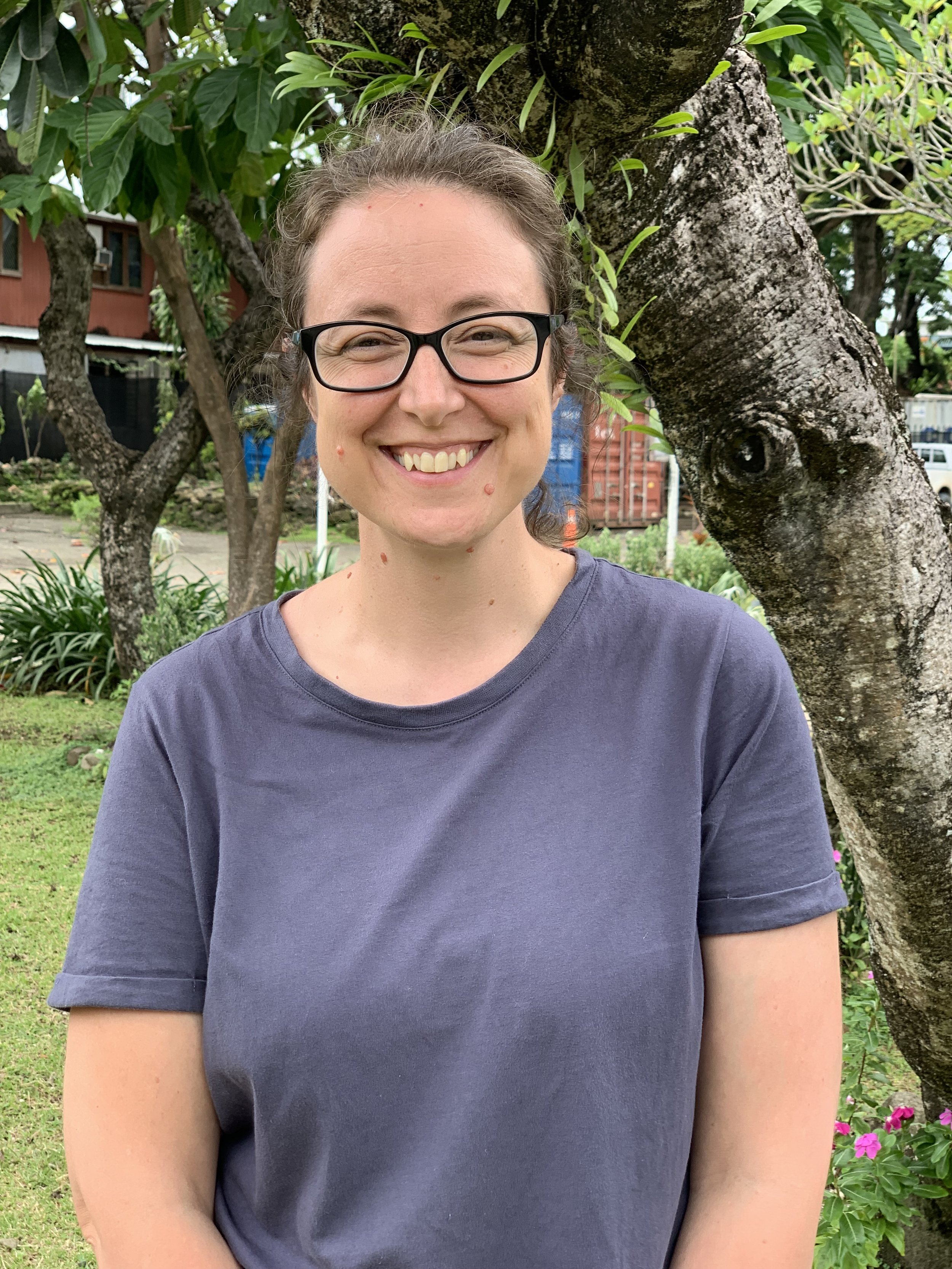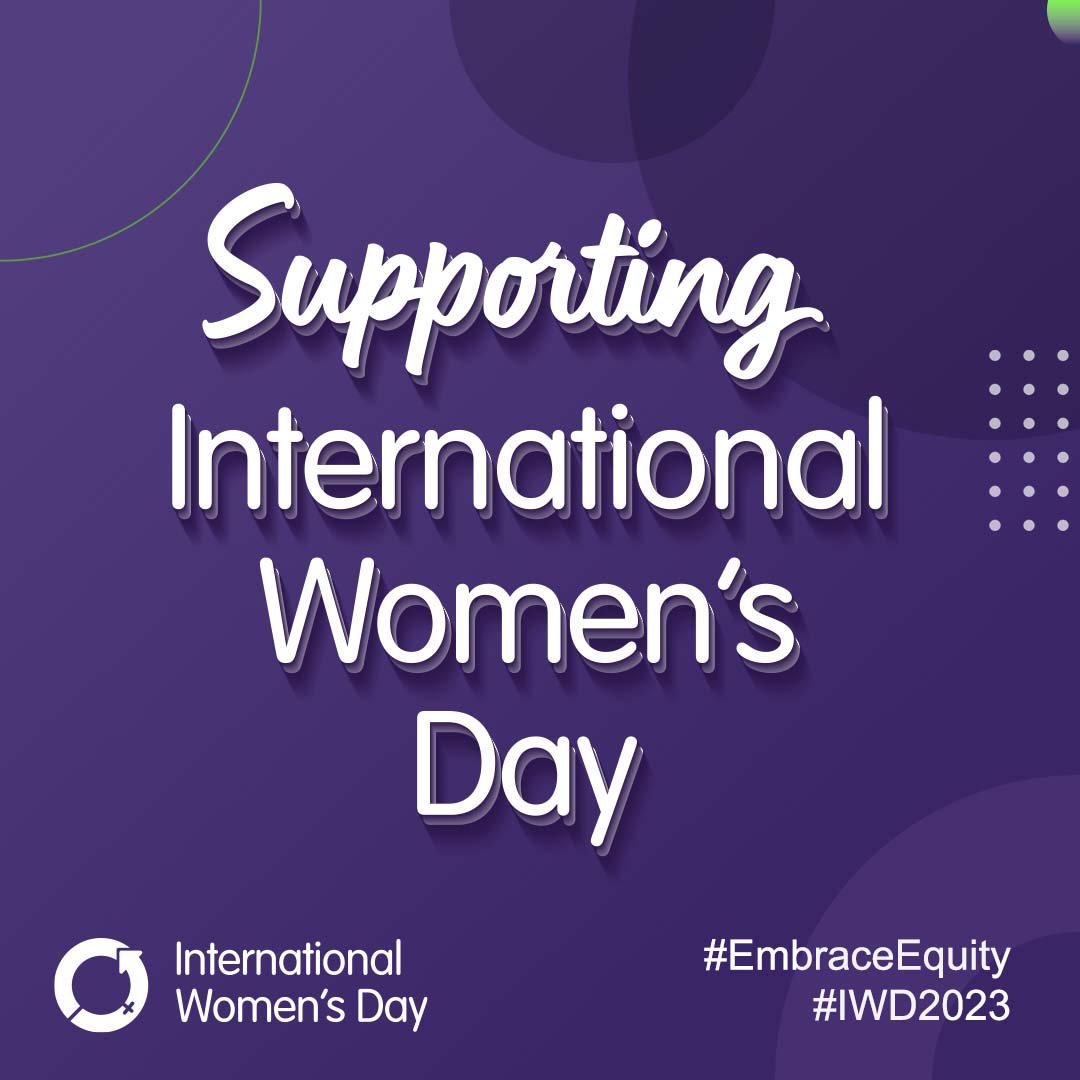“Embrace equity by ensuring balance” - Dr Megge Miller #IWD2023
Collated by Rachel Mather – Epidemiologist at Field Epi in Action
Introduction
At Field Epi in Action, we are thinking about one of the themes for this year’s International Women’s Day: Embrace Equity. Equity is a core value of our team, and broadly, we see that as people’s needs are different, we have a responsibility to commit to meeting these needs with impartiality and fairness. The World Health Organization (WHO) goal of Health For All has become something of a slogan for the global health community, and its premise is that every single person is worthy of health. Health for the whole array of humans – diverse cultures, genders, locations, abilities – the whole spectra of diversity! Such an outcome can only be achieved through embracing equity; through striving to realise health for every context and personal circumstance. But in recent years, the conversation has turned to be one of deeper self-reflection: if global health leadership does not reflect the wider population – let alone the wider global health workforce – how can we achieve health for all? Currently, the global health workforce is largely women – 70% of the frontline is women. Yet women occupy just 25% of global health leadership. And so, in our own domain of global health, FEiA is working with the field epidemiology community to understand how women can be centred: in training, in professions and in leadership. It will be years before we’re able to understand the full story of gender equity in field epidemiology, so for this International Women’s Day, we spoke with four team mates to hear their perspectives on Embrace Equity.
Happy International Women’s Day!
Interview with Megge
Dr Megge Miller is the Lead Epidemiologist for FEiA’s Solomon Island programs, and has spent most of her career as an epidemiologist working in the Asia Pacific regions.
Reflecting on what Embrace Equity means as an epidemiologist, Megge says, “It’s thinking about the populations that we serve as public health practitioners. It’s making sure no one gets left behind because of the circumstances they live in or who they are. And I also think it’s about public health professionals reflecting the populations that we serve.”
Megge has experienced and seen firsthand the balancing act that comes with an active role in public health. “Women working in public health often have many roles. We could be someone’s wife, sister, mother, daughter, as well as being the one responsible for detecting or controlling outbreaks. Sometimes fulfilling all of those roles at once is challenging. Another aspect is safety. Equity for women in public health means assuring their safety in the field.”
“It’s making sure no one gets left behind because of the circumstances they live in or who they are”
Moving forward, Megge suggests, “We can embrace equity by ensuring that people have balance in their life. Recognising all of the different roles that a women can fulfil, we can ensure that they have opportunities to investigate outbreaks and do amazing work in public health and know there is back-up for women so they can have the time to fulfil family responsibilities, as well.”
About Field Epi in Action
We facilitate proven high impact intervention-based field epidemiology training, designed to develop work-ready graduates equipped with the necessary tools to support outbreak detection and response.


